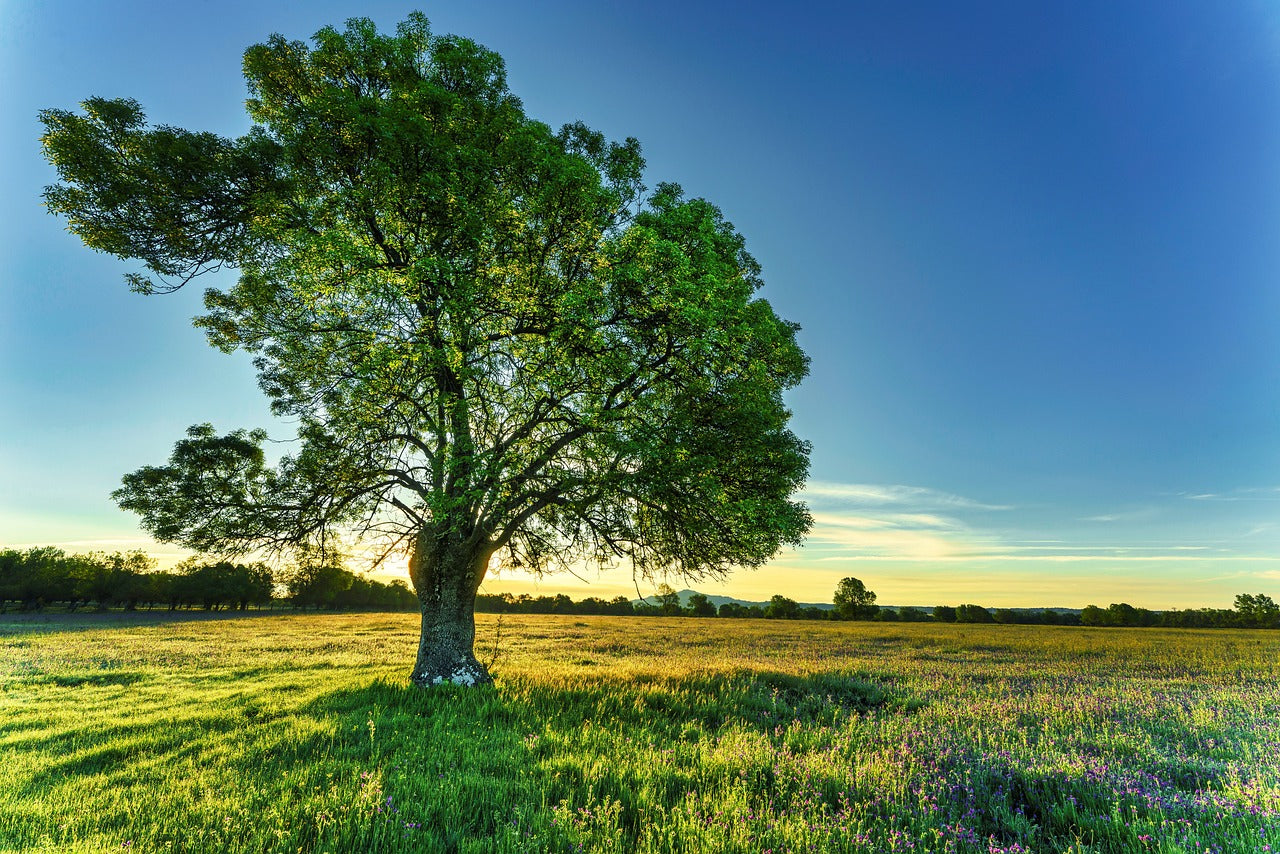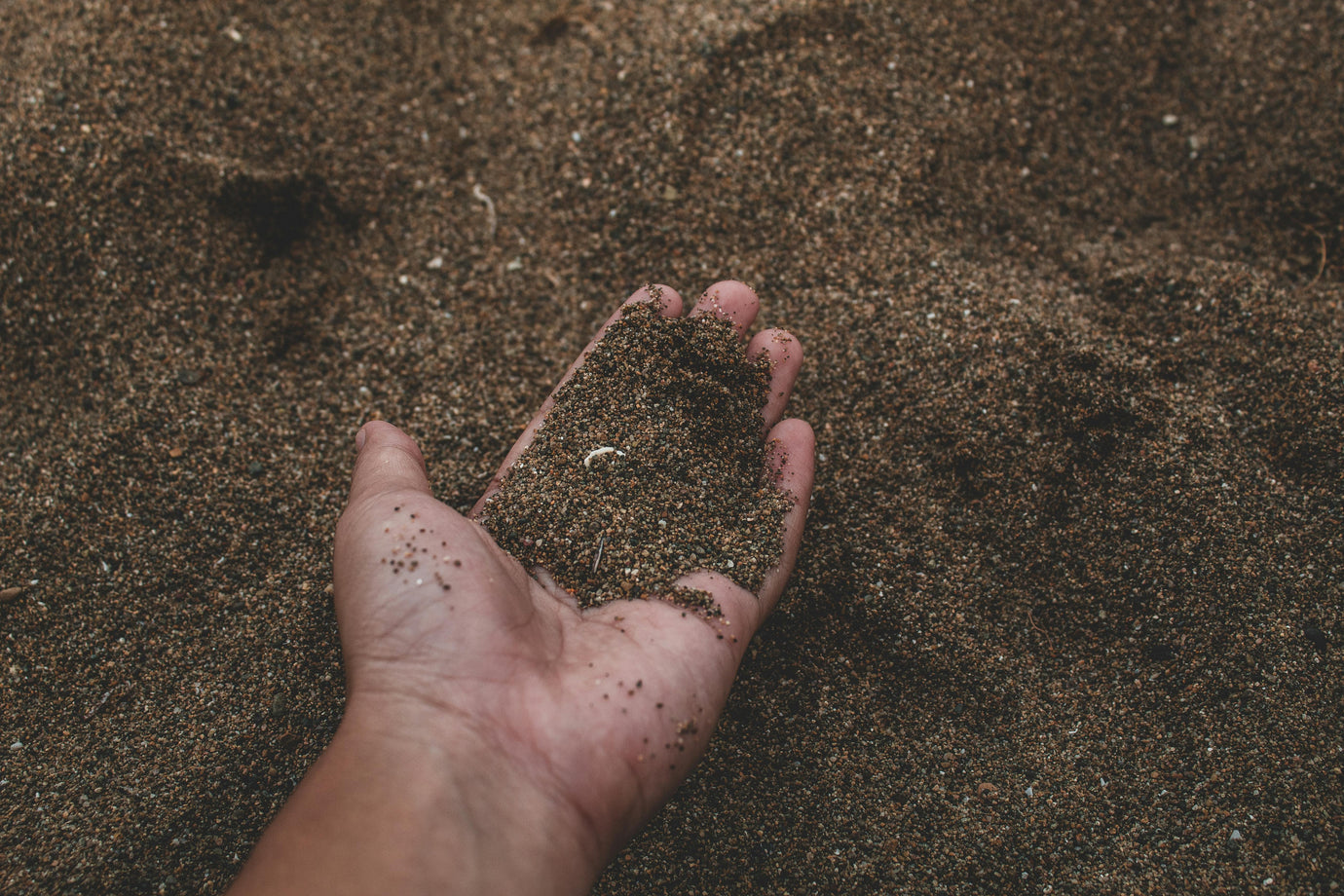Are Paper Straws Biodegradable and Recyclable?
Here is everything you need to know about whether paper straws are biodegradable and recyclable.
Over the past several years, companies and consumers have begun to realize the issue that we have with plastic straws. These single-use straws have filled the landfills, ditches, beaches, and waterways. Since plastic straws are not biodegradable, they remain as a piece of plastic in whatever environment that they end up in. Many people are looking for alternatives to plastic straws and are hoping to find a more sustainable option. Paper straws are a popular choice, but are they really a better option?
Are Paper Straws Biodegradable?
So, are paper straws biodegradable? Like many things, the answer is that it depends.
One of the biggest arguments in favor of the use of paper straws is that paper is biodegradable. While paper is biodegradable, the straws themselves need the right conditions to degrade. In a natural environment, paper straws will degrade.
However, at most restaurants or gas stations, when you finish your beverage, your straw will go into the trash. This means that your paper straw will end up in the landfill anyway, adding to piles of trash, where the paper straw may never naturally break down.
Are Paper Straws Recyclable?
Paper products are generally recyclable, but some recycling facilities may have a hard time with the process of recycling them. Because straws are so small, machines can have a hard time sorting them out at recycling facilities.
Many recycling facilities will not take any paper products that have been contaminated with food. Paper absorbs liquid and most times will not be accepted to recycle. While paper straws are not completely non-recyclable, they are not ideal for recycling.
So, what do we do to help solve the straw problem?
What is a Good Straw Alternative?
PHA straws are made from plant-based material, micro-organisms begin eating away at them quickly and the straw will be completely broken down in only a few months. They break down quickly in compost bins, landfills, oceans, soil, or waterways, without harming the environment.






